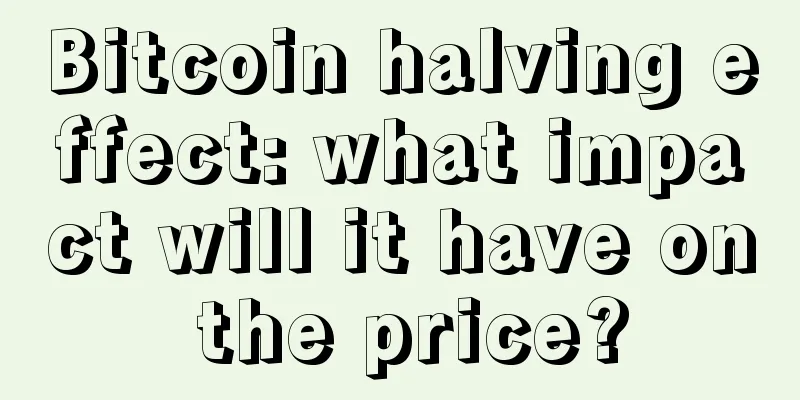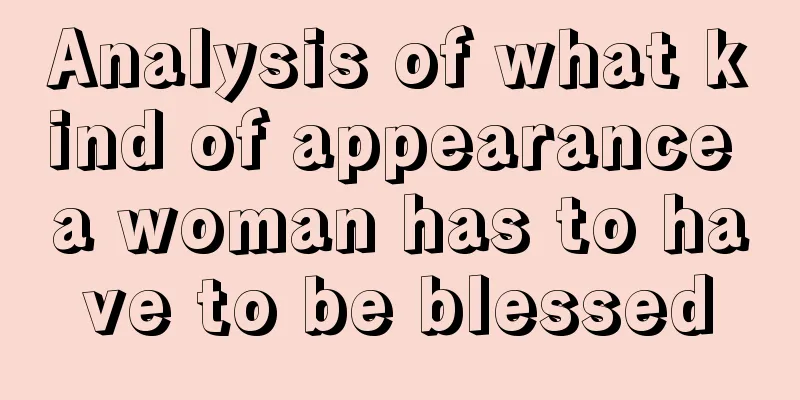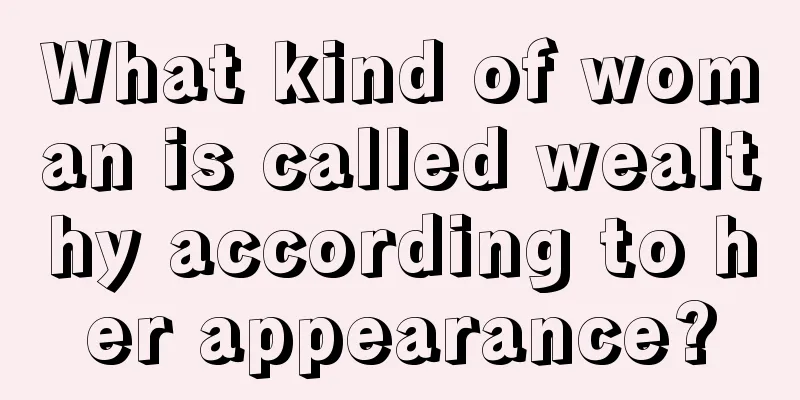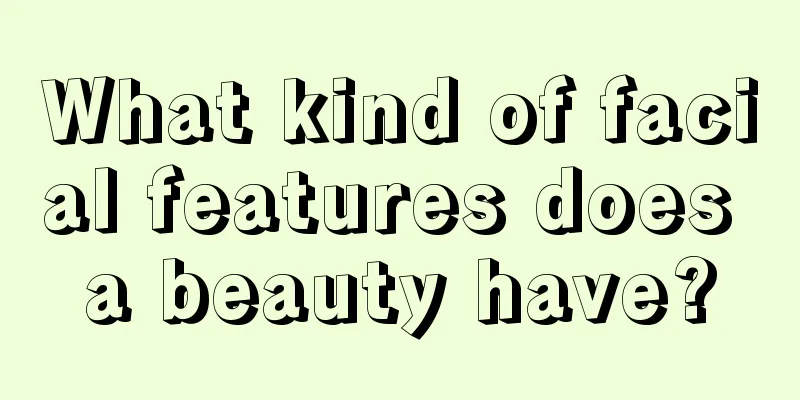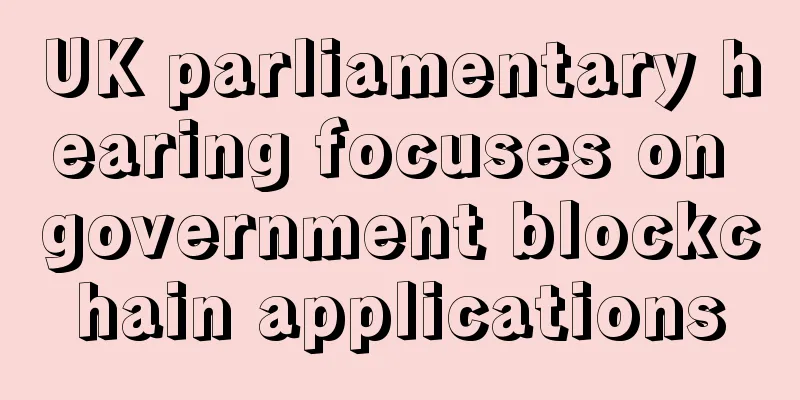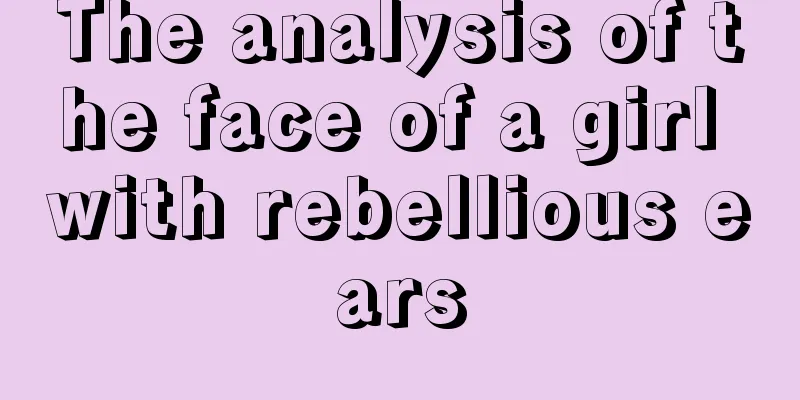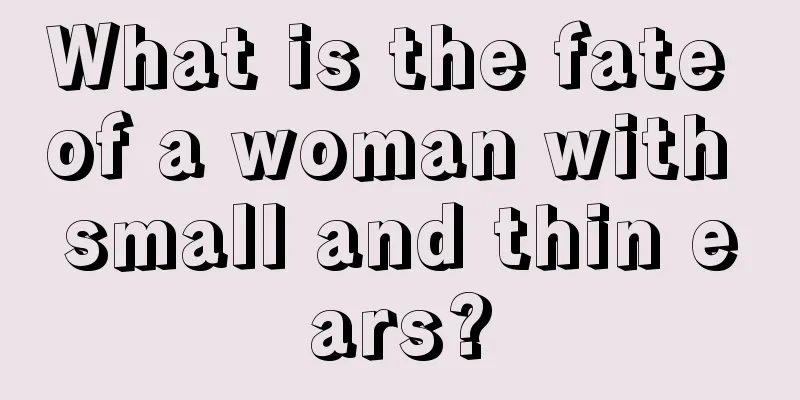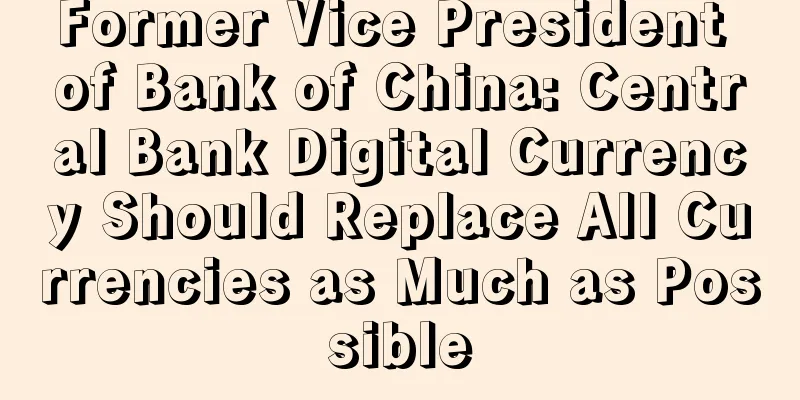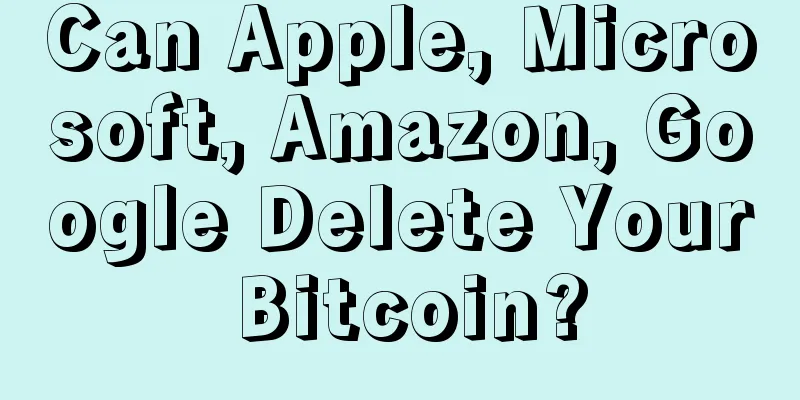Understanding Worldcoin in one article: core idea, components, how it works and potential use cases
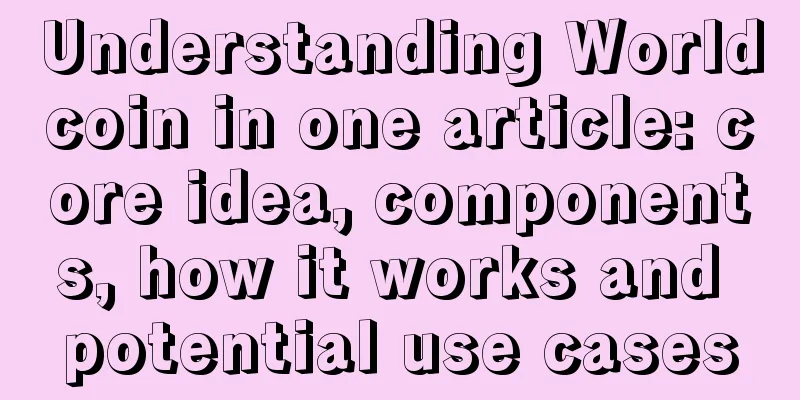
About WorldcoinWorldcoin was created with the goal of creating a globally inclusive identity and financial network that is owned by the majority of the people. If successful, Worldcoin could dramatically increase economic opportunity, create a reliable solution to distinguish between humans and online AI while preserving privacy, enable global democratic progress, and demonstrate a potential path to an AI-funded global basic income. Worldcoin consists of a privacy-preserving digital identity network (World ID) and a legally-permissible digital currency (WLD). Everyone is eligible for WLD simply because they are human. World ID and WLD are currently implemented through the World App, the first front-end to support World ID and the Worldcoin protocol, developed by the contributing team of Tools for Humanity (TFH). "Proof of Human Identity" is one of the core ideas behind Worldcoin and refers to confirming that a person is both human and uniquely individual. Once confirmed, an individual can assert that they are a real person, distinct from other real people, without revealing their real-world identity. Today, global proof of human identity remains an unsolved problem, making it difficult to vote online or distribute value at scale. This problem becomes more pressing as increasingly powerful AI models further increase the difficulty of distinguishing humans from machines. If Worldcoin is even partially successful, World ID could become the global standard for proof of human identity. Some of Worldcoin’s core assumptions include: 1. Human identity proof is a missing and necessary digital product. As more and more powerful AI models emerge, this product will become more important. 2. Scalable and inclusive human identity proofs make the incentives of all network participants revolve around adding real humans to the network for the first time. Bitcoin was issued to protect the Bitcoin network. Worldcoin was issued to expand the Worldcoin network, and its security is inherited from Ethereum. 3. In an era of increasingly powerful AI, the most reliable way to issue global human identity proof is through customized biometric hardware. The dynamic white paper describes the rationale for the project as well as the current status and roadmap. World IDWorld ID is a privacy-preserving global identity network. Through zero-knowledge proofs, it enables users to verify their human identity in online environments while preserving privacy. Users can obtain a World ID through a custom biometric device called Orb. Orb is based on the realization that custom biometric hardware may be the only long-term viable solution for issuing AI-secure human identity verification. World ID is issued through the Worldcoin protocol, which allows individuals to prove that they are human to any validator (including Web2 applications) while preserving privacy through zero-knowledge proofs. In the future, other credentials may also be issued on the protocol. The goal of a World ID is to be tied to an individual, meaning that a World ID can only be used by the individual to whom it was issued. It should be difficult for a user to commit fraud by stealing or obtaining World ID credentials. Additionally, it should always be possible for an individual to recover a lost or stolen World ID. Worldcoin TokenWhile network effects will ultimately come from building useful applications on top of the financial and identity infrastructure, tokens are issued to all network participants to align their incentives with network growth. This is especially important in the early days to bootstrap the network and circumvent the "cold start problem". This could make Worldcoin Token (WLD) the most widely distributed digital asset. World AppThe World App is the first frontend to support the creation of a World ID: it guides individuals through verification through Orb, saves individuals' World ID credentials in a privacy-preserving manner, and implements cryptographic protocols to share these credentials with third parties. It aims to provide frictionless access to the global decentralized financial infrastructure. Eventually, many different wallets should integrate World ID. How does Worldcoin work?Worldcoin revolves around World ID, a privacy-preserving global identity network. Using World ID, individuals will be able to prove to any platform that integrates with the protocol that they are a real, unique person. This will enable fair airdrops, provide protection against bots/fake accounts on social media, and enable a more equitable distribution of limited resources. In addition, World ID can also enable global democratic processes and new forms of governance (e.g., through quadratic voting), and ultimately support the path to an AI-funded global basic income (UBI). To participate in the Worldcoin protocol, individuals must first download the World App, the first wallet app to support the creation of a World ID. Individuals need access to a physical imaging device called an Orb to obtain an Orb-verified World ID. Most Orbs are operated by a network of independent local businesses called Orb Operators. Orbs use multispectral sensors to verify humanity and uniqueness, issue Orb-verified World IDs, and promptly delete all images on the device (unless data custody is explicitly agreed to). Potential Use CasesWorldcoin can dramatically increase global equality of opportunity by advancing a future where everyone can participate in the global digital economy through universally accessible decentralized finance and identity infrastructure. As the network grows, its utility will also increase. But many interactions in the digital realm are currently not possible on a global scale. The way humans conduct value transactions, identity authentication, and interact on the Internet may change fundamentally. With universal access to global finance and identity, the following futures may become possible: finance Possessing and transferring digital currency: Sending money around the world will become nearly instantaneous and borderless. It will be accessible to everyone. The world will be financially connected and everyone will be able to engage financially over the internet. For example, India’s COVID Aid Fund, where individuals worldwide raised over $400 million to support India, is a hint of the possibilities. Overall, this has the potential to connect people globally like never before in human history. Digital currencies are safer than cash, which is more susceptible to theft or counterfeiting. This is especially important in crisis situations where instant cross-border financial transactions are needed, such as during the Ukrainian refugee crisis, when USDC was used to distribute direct aid. In addition, digital currencies are assets that individuals can directly own and control, without having to trust a third party. identity Keeping Bots Out: Bots on Twitter, spam, and robocalls are all a result of a lack of reliable and frictionless digital identities. These problems will only worsen with the rapid development of AI models that can solve CAPTCHAs and produce convincingly “human” content. As services strengthen their defenses against such content, it becomes critical to provide an inclusive and privacy-preserving solution to public infrastructure that proves human identity. If every message or transaction included the “verified human” attribute, a lot of noise could be filtered out of the digital world. Governance: Currently, collective decision-making in Web3 relies primarily on token-based governance (one token, one vote), which excludes some people from participating and heavily favors those with more economic power. Reliable proof of human identity that resists repeated attacks, like World ID, opens up the design space for global democratic governance mechanisms, not only for Web3, but for the Internet. In addition, in order for AI to benefit everyone, not just a few, it will become increasingly important to include everyone in its governance. The intersection of finance and identity Incentive distribution: Coupons, loyalty programs, referral programs and other ways of sharing value have traditionally been susceptible to fraud because the incentives for fraudulent behavior are high. Frictionless and fraud-resistant digital identities help incentivize distribution, benefiting both consumers and companies. This could even spark a new wave of companies that are partially owned by their users. Fair distribution of limited resources: Key elements of modern society, including subsidies and social benefits, can be made more equitable through the use of human identity. This is particularly important in developing economies, where social welfare programs face resource access issues - using false identities to obtain more than a person's fair share of resources. In 2021, India saved $5 billion in subsidy programs by implementing a biometric-based system. Decentralized human identity protocols can extend similar benefits to any project or organization around the world. As AI advances, equitable distribution of access and value created through a global basic income will play an increasingly important role in offsetting the concentration of economic power. World ID can ensure that each individual is registered only once and guarantee fair distribution. |
<<: Entering the global financial system: Musk X owns half of Worldcoin and wants all
>>: Review of the 5 key points and future trends of the EthCC conference
Recommend
Is it true that people with three white eyes are all beauties?
Three-white eyes is a term in the field of physio...
What are the facial features of a heartless person?
A ruthless face A person has an irregular and nar...
What does the face with destiny look like?
In fact, it is not just a random rumor. People wi...
What does a birthmark on the instep mean?
Some people are born with congenital moles, which...
Which facial features are most suitable for being an official? Which facial features are most suitable for being an official?
By looking at a person's face, you can tell w...
What is the saying of "small wealth depends on the nose and great wealth depends on the eyes"?
"Small wealth can be judged by the nose, gre...
A comprehensive review of the top ten most expensive NFTs in history
An NFT may be a painting, a game prop, or an onli...
SEC is expected to give the green light to Ethereum futures ETF: 16 applications are expected to be listed as early as October
According to Bloomberg, people familiar with the ...
That man is a bit advanced.
“When others are fearful, I am greedy; when other...
Is it good to have a mole above the right eyebrow?
For us, face reading can include many aspects of ...
What does a mole between eyebrows mean?
Many people have moles on their faces, and moles ...
The most afraid of his wife's face
The most afraid of his wife's face In fact, w...
Financial giants are pouring money into a technology called blockchain
Financial industry giants including Visa, Nasdaq,...
The face of a man who will get divorced, leave as soon as possible
For many men, in addition to career and wealth, m...
Are women with phoenix eyes fickle? The fortune of women with phoenix eyes
As the saying goes, eyes are the windows to the s...
